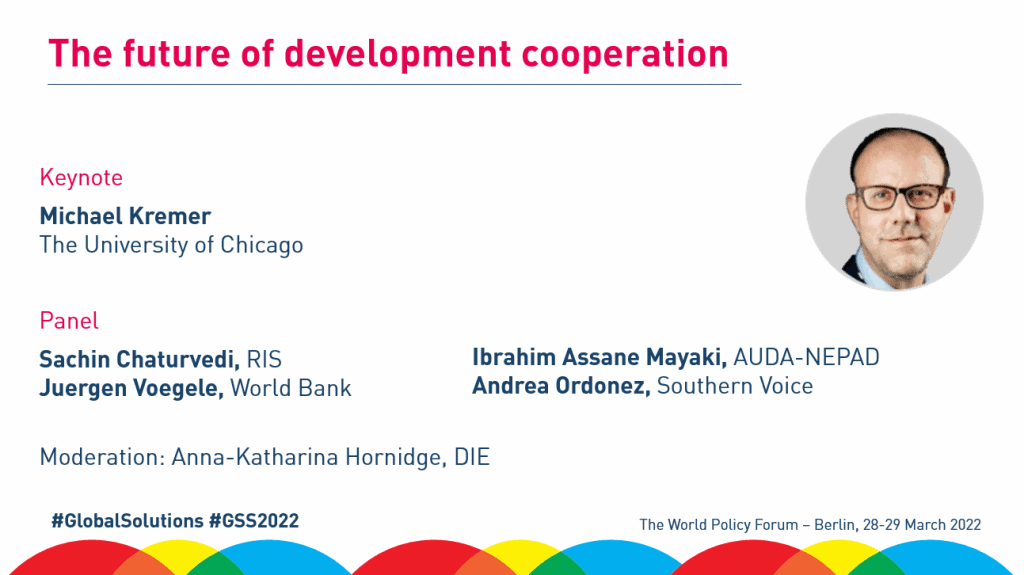Governance transformation
Summit 2022
Responding to the urgent global crises requires a transformation of the economy towards focusing on human well-being and respect for planetary boundaries. No nation-state alone can achieve the transformations needed. It requires transformations around the world. Development cooperation is a vital strategic instrument to make progress on the transformation agenda, but a substantive reconfiguration is required to be successful.
The 2030 Agenda and its Sustainable Development Goals (SDGs) have successfully set a normative framework for global cooperation, including development cooperation. Yet, the policymaking guided by this agenda is influenced by a dynamic international context of constantly evolving and overlapping crises like the COVID-19 pandemic, the global increase in climate-related emergencies and power struggles in the form of geopolitical confrontation. Being subject to this dynamic context, there is a fundamental question on the future rationale and orientation of development cooperation as a policy field. For many decades, the Organisation for Economic Co-operation and Development (OECD) approach to official development assistance (ODA) was the dominant normative framework. However, current understandings of development cooperation have become more complex and diverse. The rise of South-South cooperation (SSC) is one prominent example for a distinct additional concept of development cooperation. Further examples in current debates that reframe development cooperation relate to discourses on global public goods and the global common good.
The changing context is highly relevant for all areas of development cooperation, as it impacts the narratives of development cooperation (why?), the strategies and institutional setups (how?) as well as operational approaches (what?). Examples of the ongoing transformations include the current narratives attached to development cooperation, particularly in regarding leveraging development finance for own national interests versus meeting partner demands and global needs. There are also strategic considerations of whether to allocate development resources for issues (e.g. global challenges like climate change) or underserved regions (following the principle of ‘leave no one behind’). Next, institutional setups of development cooperation in terms of either establishing individual development agencies or integrating with other policy areas like foreign affairs are a concern. Finally, different operational instruments - such as blended public and private finance or the adoption of new digital technologies - should be considered.







